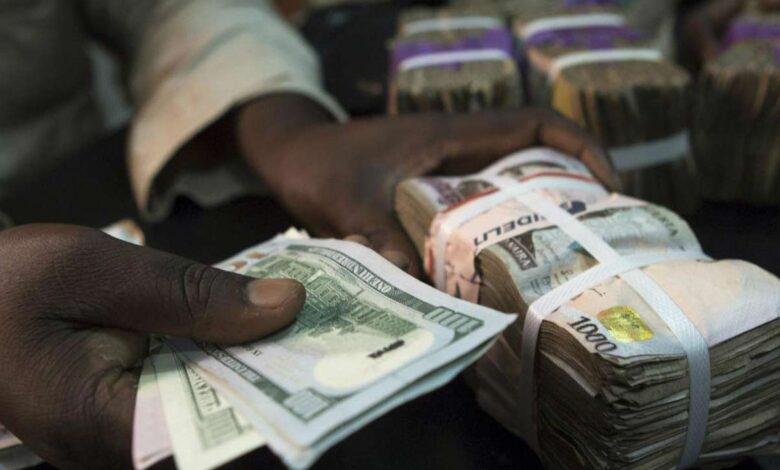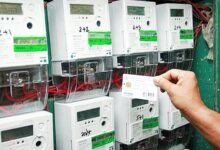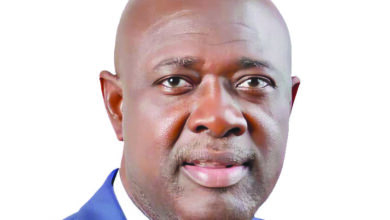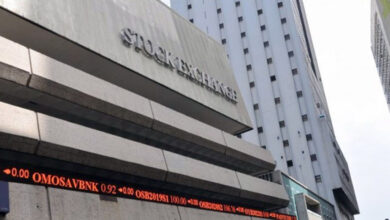CBN extends licence renewal of existing BDCs as PoS machines hit 2.7m

Existing Bureau de Change (BDC) operators that are willing to renew their licenses have up to December 3, 2024, to do so.
The Acting Director of the Corporate Communications Department of the Central Bank of Nigeria, Hakama Sidi-Ali, who stated this in Abuja, yesterday, explained that the new guidelines include two tiers of licensing.
This is as the number of Point of Sale (PoS) machines in the country has risen to 2.7 million as of March this year, according to the Nigeria Inter-Bank Settlement System (NIBSS).
The CBN clarified that the guidelines it issued on Wednesday that the tier-based classification of Bureau De Change (BDCs) guidelines followed an earlier exposure draft circulated for public input earlier this year, which the Bank has now incorporated and posted on its website on Wednesday, May 22, 2024.
She reiterated the Bank’s invitation to interested parties to apply for BDC licences, provided they meet the new guidelines, effective June 3, 2024, while existing BDCs will have a six-month grace period to meet the new requirements.
Sidi-Ali said the CBN remained committed to repositioning the Bureau De Change (BDC) sub-sector to play its envisioned role in the foreign exchange market in Nigeria.
In its latest electronic payment data, the 2.7 PoS million represents about 50 per cent year-on-year.
Nigeria has 1.8 PoS within the same period in 2023. While the data indicated that 864,753 new terminals have been added in the last year, this figure is lower than the total registered PoS.
The NIBSS said: “A total of 3.730 million PoS machines had been registered across the country as of March 2024, which shows that a total of 1.04 million terminals are either yet to be deployed or have become inactive.”
While the usage of payment terminals has been on the rise in the last few years as cash runs dry at most banks’ automated machines, recent days indicate that the growth may have slowed down.
The data showed that PoS transactions value for March stood at N961.8 billion, which is a 16.5 per cent decline compared with the N1.15 trillion recorded in March 2023.
The cash crunch that occurred shortly before the 2023 general elections may have been responsible for the popularity of the terminal payment system as both buyers and payers of goods and services heavily rely on the PoS for transactions.







